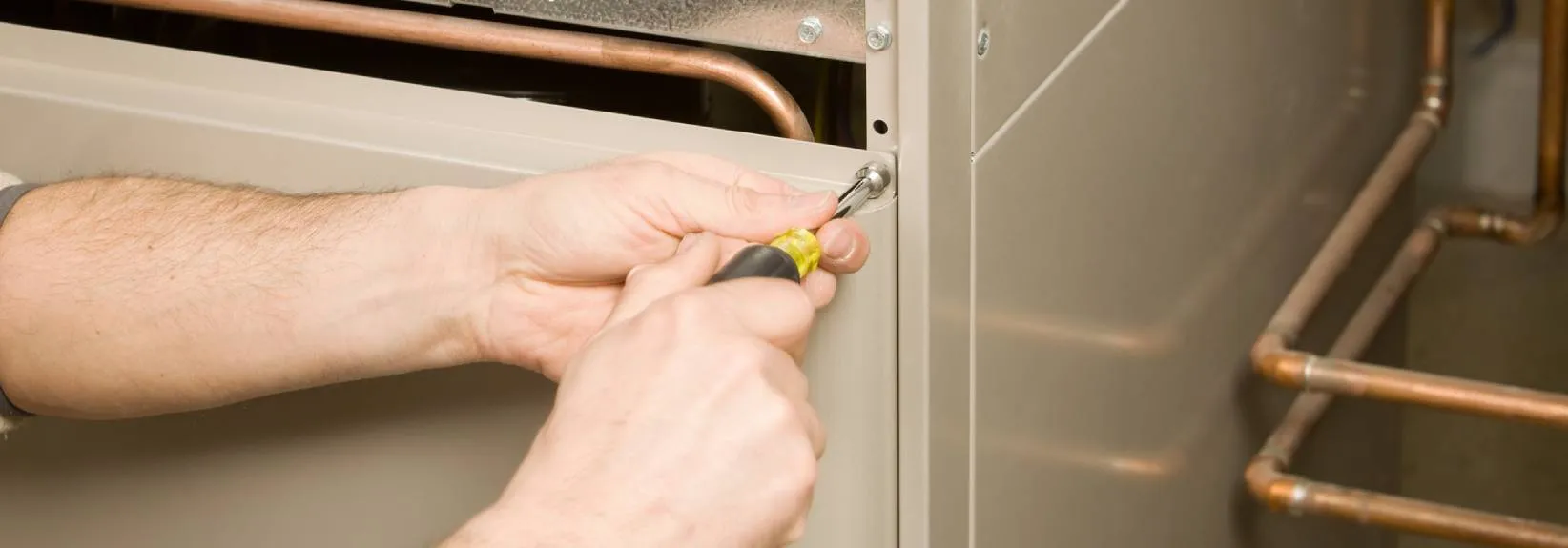If You’re in the Market for a New Furnace, Here’s Why You Should Be Looking at a Heat Pump
When you’re ready to replace your old furnace, don’t move forward thinking a new furnace is your only choice. This may be the default choice for most North American homes, but heat pumps are steadily growing in popularity. Still, the question remains: Is a heat pump the right fit for everyone? Explore several persuasive reasons to try a heat pump, how this equipment is distinct from a traditional furnace and whether a heat pump is the most efficient choice for your home comfort needs.
How Is a Heat Pump Different from a Furnace?
The underlying technology between a heat pump and a traditional furnace is essentially different. Furnaces burn combustible materials like natural gas, oil or propane to generate heat. On the other hand, heat pumps use electricity and refrigerant to move heat. This core difference affects the equipment’s efficiency, environmental impact and versatility.
Modern condensing furnaces have high AFUE ratings, which is understandably appealing. But this only illustrates the furnace’s ability to convert fuel to heat—it won’t account for the full energy footprint involved in the process of extracting, refining and transporting said fuel.
In comparison, a heat pump’s efficiency is measured by its heating seasonal performance factor (HSPF). While it’s difficult to compare these numbers at first glance, know that heat pumps often offer stronger performance than furnaces.
Top Reasons to Install a Heat Pump
Here’s why more and more homeowners are exploring a heat pump for their year-round heating and cooling needs.
1. Lower Energy Bills
The operating cost is one of the first things homeowners worry about when considering a new home appliance. Furnaces can be quite effective, but they max out at around 98% efficiency. On the other hand, heat pumps are capable of generating three times more heat energy than the electrical energy consumed throughout the process. In other words, heat pumps can be three times as efficient under proper operating conditions. This cost-effective performance leads to more manageable utility bills.
H3: 2. Eco-Friendly Heating
Your household’s environmental footprint could be more reduced with a heat pump. While electric furnaces exist, traditional gas-fired furnaces run on natural gas or oil, the production and distribution of which harms the planet. A heat pump operates without burning fuel, shrinking your home’s environmental impact, particularly if you also have solar panels to generate cleaner electricity from the sun.
3. Heating and Cooling Versatility
One of the most impressive features of a heat pump is its dual heating and cooling functionality. It’s an effective wintertime heater and doubles as your air conditioner in the summer. Thanks to a straightforward built-in switch, the heat pump changes its operation and draws out warm air from your home, similar to a standard AC unit. This dual-purpose solution is highly desireable to many homeowners.
4. Quiet Operation
Heat pumps operate less noisily than traditional furnaces because they don’t have to burn fuel to generate heat. No combustion means less noise, resulting in a quieter living space.
5. Easy Transition
If your home is already equipped with ductwork, transitioning to a heat pump is quick and straightforward. The air handler goes where your furnace is currently located, and the outdoor unit replaces your air conditioner. It’s just that easy.
Are Heat Pumps Right for Everyone?
While heat pumps are innovative and energy efficient, they may not be suitable for every situation. Heating efficiency is much more limited in extreme cold, making heat pumps less effective in regions with colder winters. At the same time, advancements in cold-climate technology are making heat pumps more consistently effective in the far north, so stay alert for models designed to work in such settings.
It’s also worth noting that the initial cost of investing in a high-quality heat pump is often higher than a conventional furnace. However, it also means you won’t have to buy an air conditioner. If both systems are noticeably less efficient, you may actually save money up front by swapping them with a heat pump. Plus, you’ll gain back any investment cost through lower energy bills over time.
If your home doesn’t already have the required ductwork, installing it increases your up-front costs. But furnaces need ductwork too, so this doesn’t necessarily favor selecting a furnace over a heat pump. In fact, ductless heat pumps are available for older homes and additions where ductwork isn’t present.
Finally, a heat pump’s efficiency benefits diminish if you live in an area with exceptionally high electricity costs. You can mitigate this by putting up solar panels, which generate electricity from the sun to power your heat pump, light bulbs, electronics and more.
Choose Enercare Rob's Albertan
Still not sure if a heat pump is ideal for you? Consult Enercare Rob's Albertan, and our Experts can help you decide if a heat pump matches your heating and cooling needs. Then, whether you opt for a heat pump or a traditional furnace, we can put in your new system above and beyond your expectations. Contact us today to request a free installation estimate.



